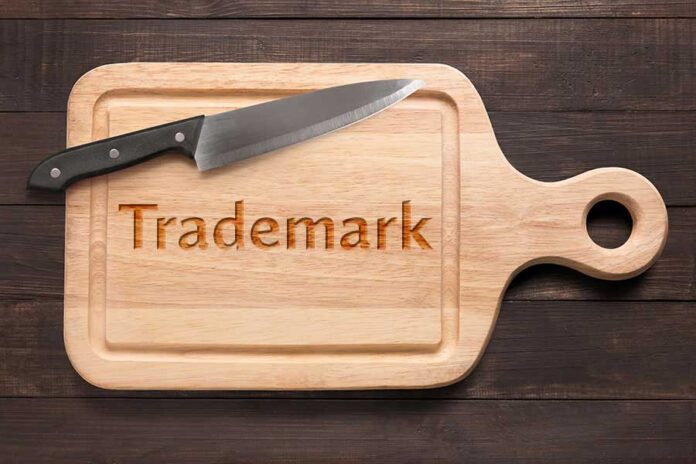On 11 May 2017, the Court of Justice of the European Union (CJEU) put an end to a long dispute between Japanese knife maker Yoshida and Pi-Design and others about the registration of two-dimensional representations of Yoshida knife handles as EU trademarks. The CJEU dismissed the appeal by Yoshida against the General Court’s decision that the EU trademarks were invalid because they consisted exclusively of purely functional shapes (CJEU 11 May 2017, Yoshida/EUIPO & Pi-Design & Bodum).
In recent years, it has proven to be challenging to register valid shape trademarks in the EU, such as the shape of inter alia Lego cubes (invalid), the Rubik’s Cube (invalid) and KitKat chocolate bars (valid according to the General Court, but an appeal with the CJEU is pending). Accordingly, the recent Yoshida knife handles decision is completely in line with EU law and CJEU case law, which provide some tough hurdles to overcome for three-dimensional trademarks.
The first obstacle for three-dimensional trademarks in the EU are the absolute grounds for refusal or invalidity, which are aimed at signs which consist exclusively of: (1) the shape or another characteristic that results from the nature of the goods themselves; (2) the shape or another characteristic of goods that is necessary to obtain a technical result; or (3) the shape or another characteristic that gives substantial value to the goods.
You must be a
subscribersubscribersubscribersubscriber
to read this content, please
subscribesubscribesubscribesubscribe
today.
For group subscribers, please click here to access.
Interested in group subscription? Please contact us.
你需要登录去解锁本文内容。欢迎注册账号。如果想阅读月刊所有文章,欢迎成为我们的订阅会员成为我们的订阅会员。
Lisbeth Depypere is an intellectual property lawyer at CMS in Brussels



























